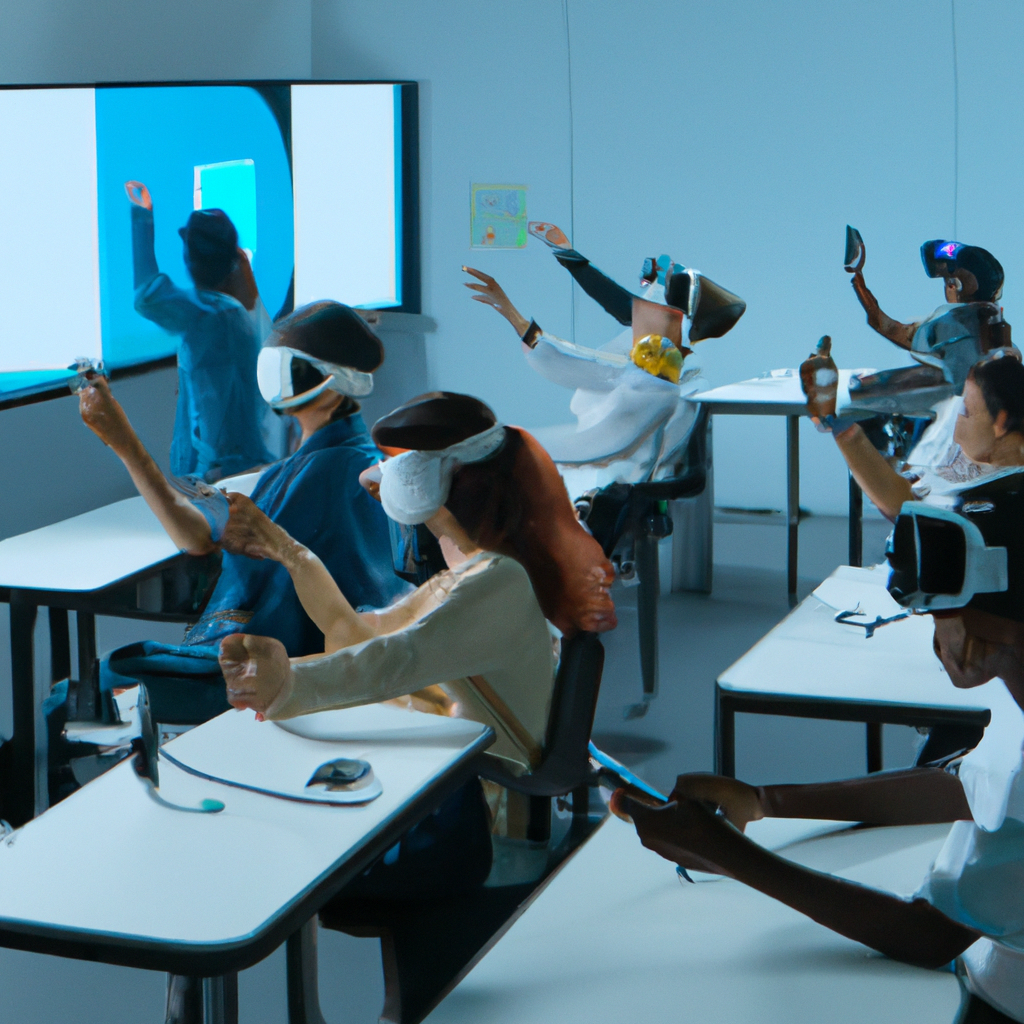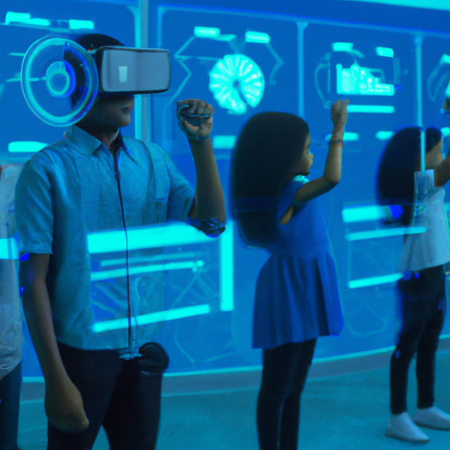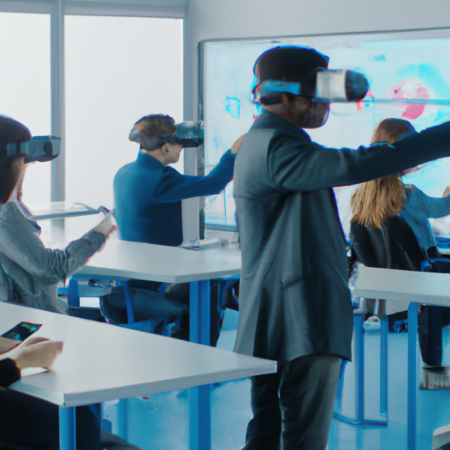As we step into the second quarter of 2025, the landscape of education continues to evolve at an unprecedented pace. The integration of Artificial Intelligence (AI) and Virtual Reality (VR) into educational systems has not only transformed traditional learning methodologies but has also opened new horizons for personalized education.
The Role of AI in Personalized Learning
AI’s ability to analyze vast amounts of data has made it possible to tailor educational experiences to individual student needs. Adaptive learning platforms use AI to assess a student’s performance in real time, adjusting the difficulty of tasks and the pace of learning accordingly. This ensures that every learner receives a personalized educational journey, significantly improving engagement and outcomes.
Virtual Reality: Bringing Subjects to Life
VR technology has taken experiential learning to new heights. Students can now immerse themselves in historical events, complex scientific processes, or even virtual field trips, making learning an engaging and interactive experience. This hands-on approach helps in deeper understanding and retention of information.
The Future Classroom
The classroom of 2025 looks vastly different from what we were used to. AI-powered assistants provide real-time feedback and support to students, while VR headsets replace traditional textbooks with interactive 3D content. These technologies also help in bridging the gap for students with learning disabilities by providing customized support and learning aids.
Challenges and Opportunities
While the benefits are plentiful, the integration of AI and VR in education also comes with challenges. Issues such as data privacy, the digital divide, and the need for robust infrastructure need to be addressed to fully leverage these technologies. However, the potential to revolutionize education and make it more inclusive and effective is immense.
In conclusion, as we continue to navigate through 2025, AI and VR are set to redefine education. By embracing these technologies, educational institutions are not only enhancing learning experiences but are also preparing students for a future where digital literacy is paramount.






